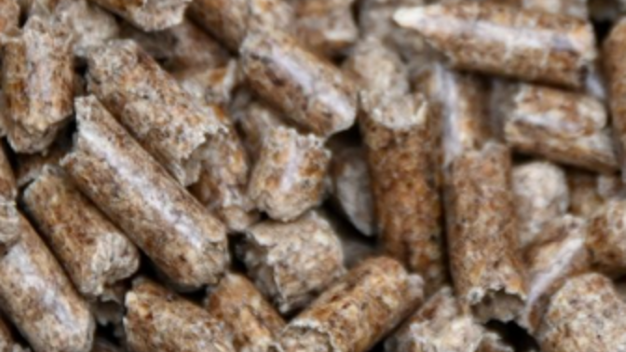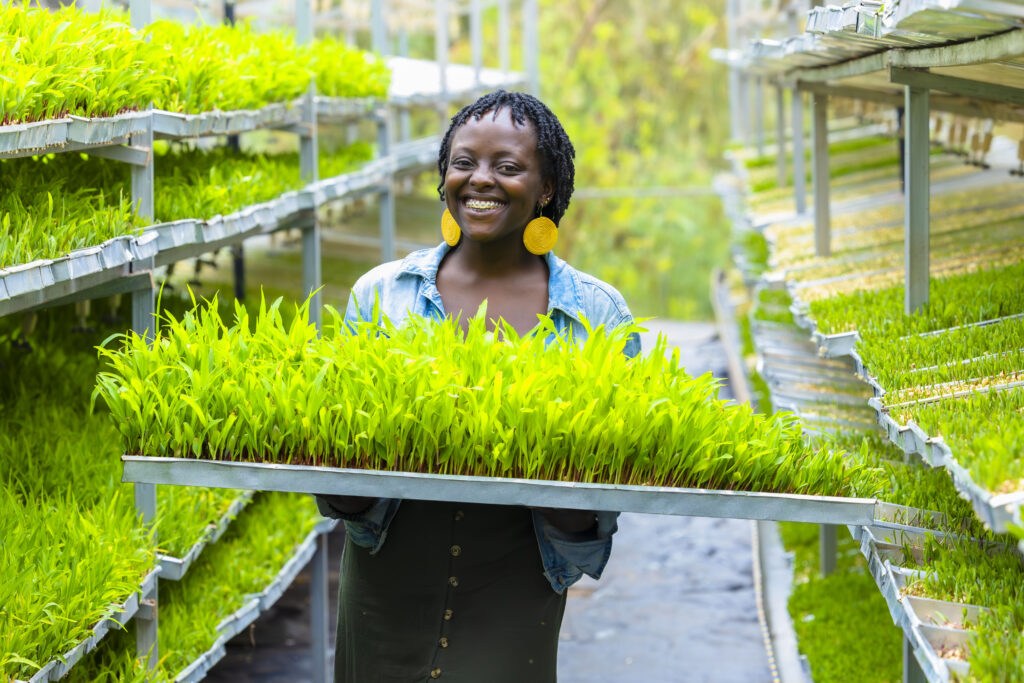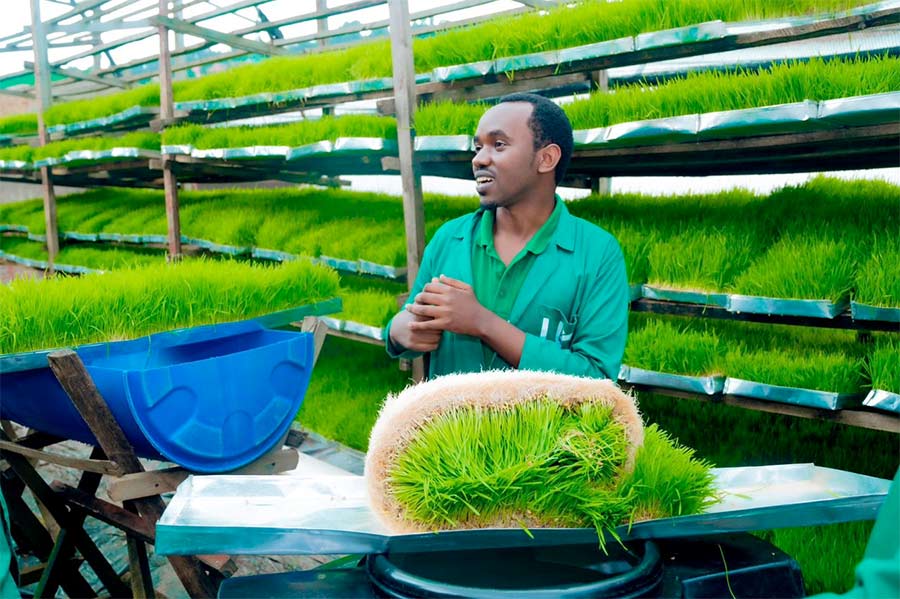Recap: Rwanda’s very first LuxAid Demonstration Fund

In 2023, the Luxembourg Ministry of Foreign and European Affairs, Defence, Development Cooperation, and Foreign Trade launched a private sector engagement initiative. It recognizes the private sector as a catalyst for innovation in addressing societal challenges. Comprising three Funds—namely, the Business Partnership Facility, the LuxAid Challenge Fund, and the LuxAid Demonstration Fund—it strategically invests in solutions that accelerate the Sustainable Development Goals (SDGs).
The initiatives backed by the LuxAid Demonstration Fund aim to scale innovations that have undergone testing and commercialization. The fund seeks mature companies with innovative solutions at the core of their business model. These solutions may receive co-financing of up to 50% of their project costs, with a cap of EUR 350,000 per project.
The first edition of the LuxAid Demonstration Fund selected three companies in Rwanda: UKC, Kigali Farms, and BioMassters.

1. Uruhimbi Kageyo Ltd (UKC)
UKC, founded by young entrepreneurs, has pioneered a low-tech solution for fodder production. This innovative approach, unique in Rwanda, directly tackles issues of land pressure and productivity. Through highly efficient feed production solutions, UKC has achieved remarkable yields per hectare, surpassing traditional methods. Their hydroponic system, for instance, is up to 10 times more efficient than conventional land-use practices, offering a promising avenue to alleviate land pressure and enhance food security.
The co-financing will be utilized to enhance skills, support seed multiplication, implement an advanced AI irrigation system, and adopt quality management practices.

2. Kigali Farms
Kigali Farms, a Rwandan social enterprise, stands as the largest fresh mushroom producer in East Africa. The company champions sustainable agriculture through its innovative focus on mushroom cultivation. By maximizing the efficient use of limited land resources, Kigali Farms achieves remarkable protein yields, making mushrooms a compelling solution for enhancing food security. In fact, when compared to soybeans, mushrooms can yield up to 12 times more protein per hectare per year, underscoring their clear advantage over other staple crops in the region.
The co-financing will support the expansion of processing capacity, upgrade of the cold chain infrastructure, and enhancements to growing rooms and compost production.

3. BioMassters
BioMassters operates in the renewable energy sector, recognized for pioneering the production of the first Tier-4 stoves in Rwanda. Their approach markedly reduces household air pollution, CO2 emissions, and biomass consumption for cooking, effectively mitigating health risks and promoting environmental sustainability. Additionally, the company’s solution generates revenue through carbon credits and stands as one of the few clean cooking companies worldwide that directly distributes carbon credits to users.
The co-financing will support factory development, bolster technical expertise, and fund research and development initiatives.
The LuxAid Demonstration Fund will assist these companies in scaling up their innovative solutions, thereby fostering sustainable development within the Rwandan agricultural and renewable energy sectors.
The LuxAid Demonstration Fund is dedicated to sourcing and supporting innovative solutions for the Sustainable Development Goals (SDGs) that can be scaled effectively across Rwanda, Kosovo, and Senegal.
Article also published on the LuxDev website.
Related projects
Related articles
-
LuxAid Challenge Fund
 Nov. 2024
Nov. 20242 M EUR boost for Kosovar business innovators tackling key challenges in manufacturing, education, healthcare and mobility
The Luxembourg Development Cooperation has just opened a call for proposals targeting enterprises with bold, innovative solutions to tackle societal challenges. Through the LuxAid Challenge Fund (LCF) and the LuxAid Demonstration Fund (LDF), businesses can secure up to EUR 350,000 in co-financing to scale transformative ideas in manufacturing, education, healthcare,... -
LuxAid Demonstration Fund
 Mar. 2025
Mar. 2025Solutions for food security: How the LuxAid Demonstration Fund supports a Rwandan business futureproofing fodder production
Are you curious about the impact of projects co-financed by the LuxAid Private Sector Engagement Funds? Meet UKC, a pioneering company supported by the LuxAid Demonstration Fund in Rwanda, as they tackle one of the country’s biggest challenges—land pressure and agriculture productivity. -
LuxAid Challenge Fund
 Apr. 2025
Apr. 2025Inspiring Pitch Days for LuxAid Demonstration Fund and LuxAid Challenge Fund in Kosovo
The call for proposals under the LCF and the LDF in Kosovo has reached an exciting milestone with the recent Pitch Days held in Pristina...



